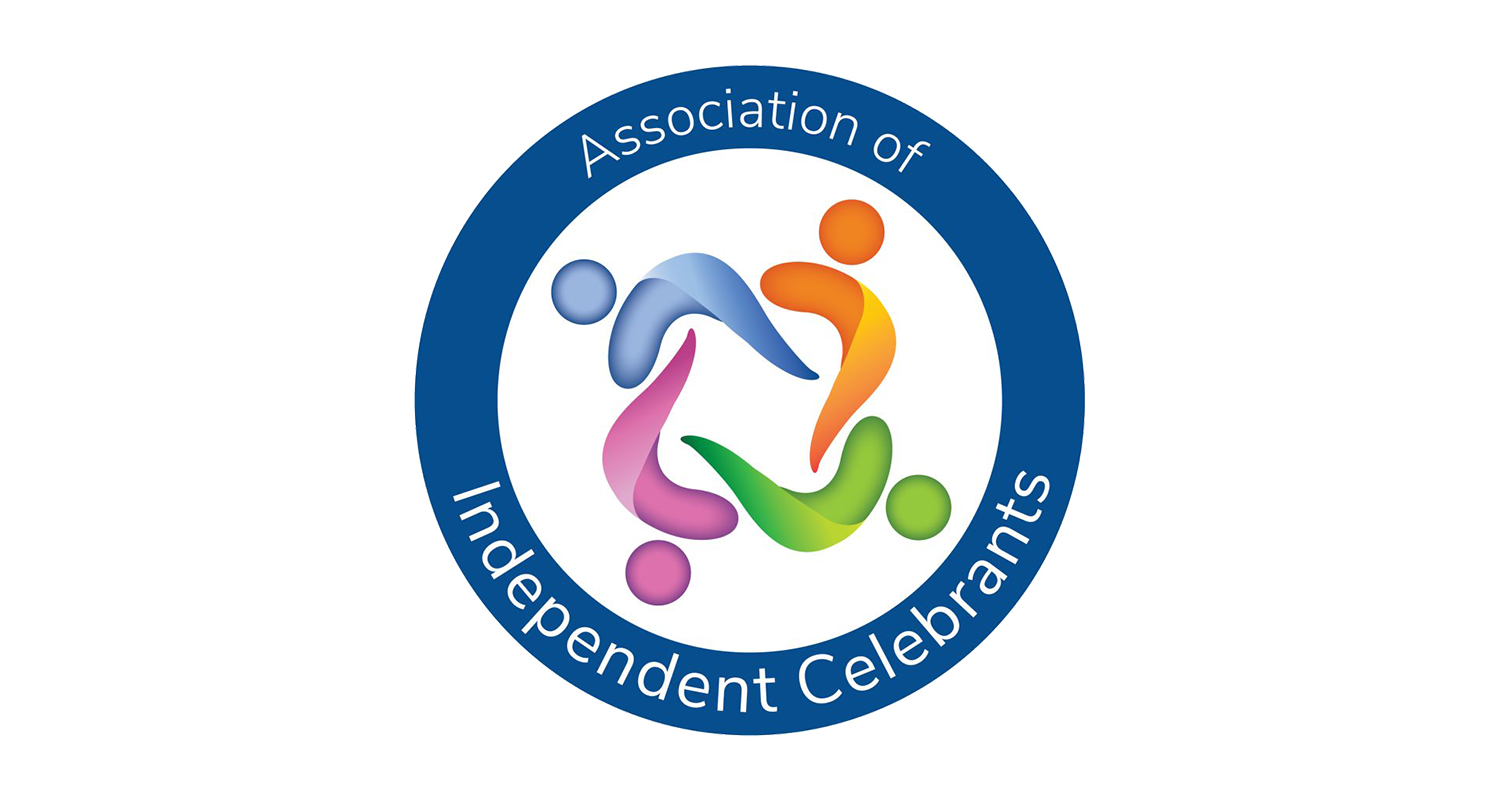Understanding officiant choices

There are many individual and personalised approaches people can take when planning a funeral. The Association of Independent Celebrants (AOIC) has created a short guide to help people understand the choice of officiants.
Religious minister: Can deliver liturgy relevant to their church, sacred text readings, blessings, prayers, hymns, religious committal. Some meet the family and write a tribute, others make notes and speak freely about the person, and others do a set service including a few personal details. A family member can do a eulogy, tribute or poem.
Independent/civil celebrant: Celebrant-led services should be completely bespoke, based around the wishes and values of the family. There is a rich mix of celebrants from religious backgrounds, spiritual, pagans, ex-registrars, multi-lingual; some perform rituals and blessings and create amazing unique life celebrations of all kinds. Celebrants work in a variety of venues and are happy to include religious content. Many celebrants work with mixed faith or multicultural family constellations. They are well versed in bringing in elements that can acknowledge different faith paths.
Humanist celebrant: Humanist celebrants work in a similar way to other celebrants, except humanism is a belief system of its own. They believe human beings evolved naturally and reject the belief in spirit, supernatural, afterlife, angels or there being such a thing as God/ gods. As such they would be agnostic or atheist. A core part of their belief is based around empathy, compassion for others, being happy in this lifetime and a duty to support others. Religious content, mixed faith or ancient or cultural type rituals do not form a part of their services, and they work in a variety of venues.
Other ministers – spiritualist churches or OneSpirit (OS): OS ministers are affiliated with OS Interfaith Foundation and their ethos centres on inclusivity. Holding the title of Reverend, they have been ordained but are non-denominal. OS ministers have knowledge of all faith paths, and work the same way as other celebrants – except humanists. They are from mixed backgrounds, hold a wide range of beliefs and conduct services for any faith or culture, including for agnostics and atheists.
Added considerations: Booking double crematorium slots for Salvation Army and dual language services. Some religions can involve special requirements, including family members wishing to be allowed into the cremating area following the service.
The benefits of AOIC members
The AOIC is a not-for-profit membership organisation run for celebrants by celebrants. It is the only registered UK trade association for celebrancy.
- Reassurance for funeral directors – members are fully insured, well supported and have sickness cover
- Insurance – members have £5 million public liability and £1 million professional indemnity cover
- Self-care – access to counselling by Professional Help Ltd via AOICsupport as well as support from regional groups and social media
- Support – a network of fellow celebrants to share best practice, seek advice and help with sickness cover
- Code of conduct – signed up to our code of conduct
- Kindred associations – members are kept up to date with funeral industry news
- Resources – a members only web page, including blogs, podcasts and documentation
- CPD – AOIC is not a training company but members are encouraged to attend online monthly CPD sessions
- Central point of contact – speak to AOIC directory for all queries or concerns
- Complaints – AOIC has a rigorous complaints procedure if something goes wrong